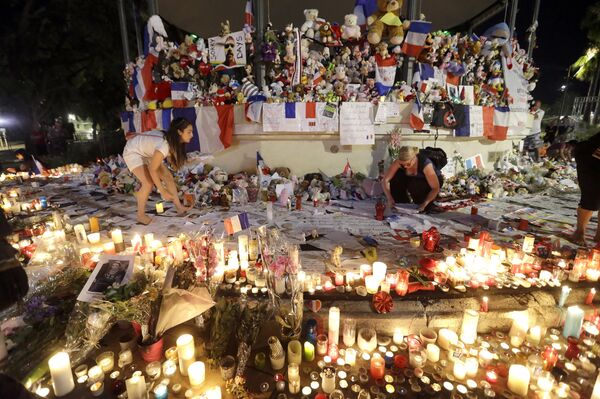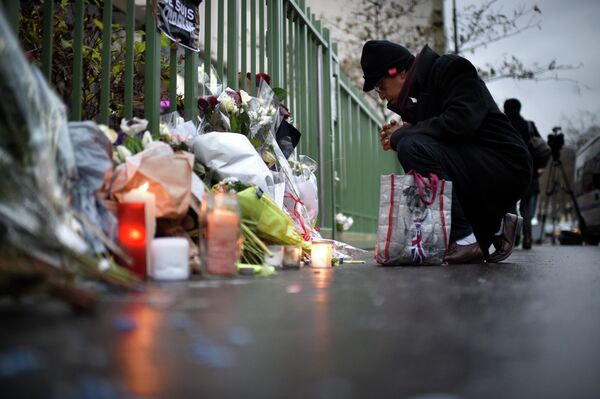The report, based on more than two years' research across 14 EU member states, as well as analysis of initiatives at international and European levels, reveals the extent to which new legislation and policies intended to address the threat of terrorism have steamrolled rights protections.
"In the wake of a series of appalling attacks, from Paris to Berlin, governments have rushed through a raft of disproportionate and discriminatory laws," said John Dalhuisen, Amnesty International's Director for Europe.
"Taken alone these individual counterterrorism measures are worrying enough, but when seen together, a disturbing picture emerges in which unchecked powers are trampling freedoms that have long been taken for granted."
New @Amnesty report. Under our noses a “hyper-securitized” Europe is trampling human rights – this affects all of us https://t.co/38n74zoOmu pic.twitter.com/PuRzmijqOq
— Anna Blus (@AnnaMatyldaBlus) 17 January 2017
The report titled, Dangerously disproportionate: The ever-expanding national security state in Europe, reveals how a deluge of laws and amendments passed with break-neck speed, is undermining fundamental freedoms and dismantling hard-won human rights protections.
Faced with criticism over its lack of intelligence-sharing and poor knowledge of pan-European terror networks, Europol – the European Union law enforcement agency – opened a new specialist European Counter Terrorism Centre (ECTC), January 2016.
Europol – together with member states’ intelligence services – came under attacks over its lack of coordinated intelligence-sharing following the Charlie Hebdo and November 13, 2015 attacks in Paris. There are now significant moves to create joined-up databases and improve the way law enforcement agencies work together.
In France, which endured the Charlie Hedbo attacks, the November 13, 2015 atrocities and the carnage in Nice, a state of emergency has been renewed five times standardizing a range of what Amnesty describes as "intrusive measures," including powers to ban demonstrations and conduct searches without judicial warrants.

Temporary emergency measures, such as administrative orders controlling movement in the UK and France, have increasingly become embedded in ordinary law, the report says. Poland's new counterterrorism law permanently cements draconian powers — which include discriminatory targeting of foreign nationals.
"Many EU countries have joined the ranks of 'surveillance states' as new laws allowing indiscriminate mass surveillance have been passed giving intrusive powers to security and intelligence services.
"Mass surveillance powers have been granted or otherwise expanded in the UK, France, Germany, Poland, Hungary, Austria, Belgium, and the Netherlands, among others, allowing the mass interception of and possible access to the data of millions of people," the report says.
"Whilst the threat posed by terrorism is very real and must always be responded to resolutely, the role of governments should be to provide security for people to enjoy their rights rather than restricting people's rights in the name security," said John Dalhuisen.
"EU governments are using counterterrorism measures to consolidate draconian powers, target groups in discriminatory ways and strip away human rights under the guise of defending them. We are in danger of creating societies in which liberty becomes the exception and fear the rule," he said.



